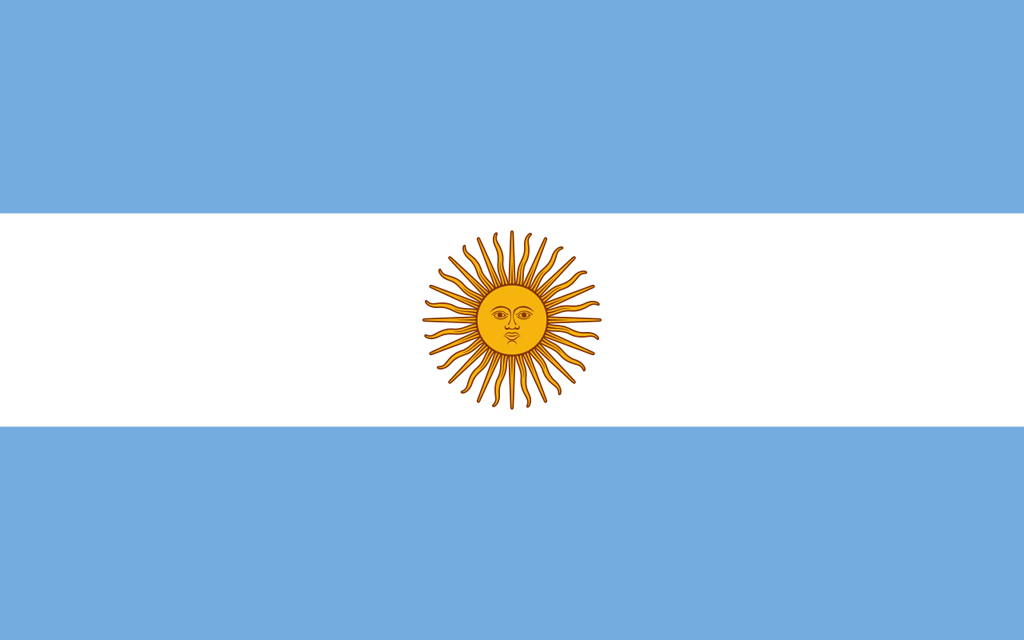 BUENOS AIRES: Argentina's new finance minister made stabilizing the country's battered currency his top priority Tuesday, while still pledging to meet commitments made to the International Monetary Fund, which is sending a team to Buenos Aires.
BUENOS AIRES: Argentina's new finance minister made stabilizing the country's battered currency his top priority Tuesday, while still pledging to meet commitments made to the International Monetary Fund, which is sending a team to Buenos Aires.
Hernan Lacunza, a former central bank governor, said "guaranteeing the exchange rate is a first-order objective."
The Buenos Aires stock market fell 7.8 percent on Lacunza's comments.
The peso -- which lost 20 percent of its value last week as markets reacted to a crushing primary election defeat for business-friendly President Mauricio Macri -- showed no signs of a bounce.
The currency opened 1.3 percent down to trade at 58.88 to the dollar.
Lacunza assumed his new role Tuesday as replacement for Nicolas Dujovne, who resigned after Macri's unexpectedly heavy defeat in nationwide primary elections seen as a bellwether for October's presidential election.
"We will guarantee compliance with the fiscal targets," he told a news conference after being sworn in by Macri.
"Allowing more volatility would only add uncertainty and inflationary pressure," said Lacunza, the economy minister of Buenos Aires province before Macri summoned him to take over from Dujovne.
"We have plenty of tools to move forward, to guarantee the tranquility of Argentines and bequeath to the next administration a consistent and robust platform to recover growth," the new minister said.
An IMF spokesman said Tuesday the Washington-based lender would shortly send a mission to Buenos Aires.
"We are closely following recent developments in Argentina and are in ongoing dialogue with the authorities as they work on their policy plans to address the difficult situation that the country is facing," IMF spokesman Gerry Rice said in a statement.
- Lacunza has 'tough job' -
===========================
Lacunza "has the tough job of trying to come up with more measures like those announced last week, while trying to calm investors and secure IMF help," said analysts Eurasia in a note.
Macri reacted by announcing salary hikes, tax cuts and an increase in pension allocations, in a bid to win back voters.
But ratings agencies downgraded Argentina's debt on Friday, as investors fled the country and the outlook deteriorated.
Populist Peronist candidate Alberto Fernandez, now the clear favorite to unseat Macri, has questioned the reform program backed by a $56 billion IMF rescue package.
He said the country is "virtually" in default and should renegotiate the IMF loan.
The country is currently in a recession and posted 22 percent inflation for the first half of the year -- one of the highest rates in the world.
However, the IMF had praised the Macri administration's performance, and said the belt-tightening reforms were starting to yield results that would spur economic growth.
The fund has released just over $44 billion so far as part of the three-year loan program, but many economists have said the amount is not enough to stem the tide of Argentina's economic woes.
Dujovne, minister since January 2017 and closely associated with the IMF deal, was seen as responsible for the economic adjustment that led to the election collapse.
Also Tuesday, Central Bank chairman Guido Sandleris warned that the recent exchange rate shock was having "a negative impact on prices." But he said the bank would continue to act to halt the currency's slide.
"Inflation will rise unfortunately in September and October," Sandleris told reporters.
In a message to reassure savers amid echoes of Argentina's 2001 crisis and the accompanying "bank freeze," he insisted the banks "have enough liquidity to deliver their deposits to those who require it."
Argentina defaulted on its debt in 2001 during the worst economic crisis in its history, and it took years before it could restore its credibility in world financial markets.





















Comments
Comments are closed.